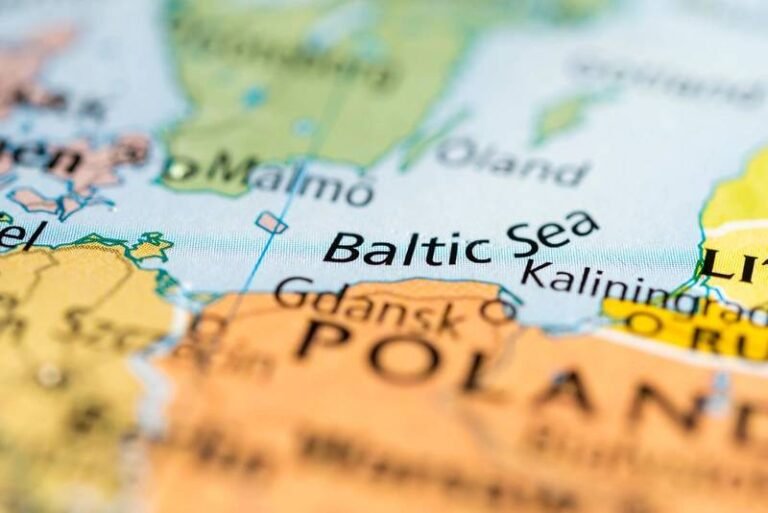Sweden Investigates Possible Undersea Cable Breach in Baltic Sea
Sweden is currently investigating a potential breach of an undersea cable off the country’s southwestern coast in the Baltic Sea, according to the coastguard. This incident comes amidst a series of similar cable damages in the region in recent months, raising concerns about security and infrastructure integrity.
The Baltic Sea area has been on high alert following multiple outages of power cables, telecom lines, and gas pipelines since Russia’s invasion of Ukraine in 2022. Many of these incidents were attributed to civilian ships accidentally dragging their anchors across the seabed, causing damage to critical underwater infrastructure.
The coastguard revealed that they have received reports of a suspected cable breach and have initiated a preliminary investigation into the matter. A coastguard vessel has been dispatched to the location near the island of Gotland to assess the situation and determine the extent of the damage.
Prime Minister Ulf Kristersson expressed concern over the incident, emphasizing the importance of safeguarding undersea cables in the current security climate. The details of the cable affected and the timeline of the potential damage are yet to be disclosed by the authorities.
As the investigation unfolds, the NATO alliance has heightened its presence in the region to monitor and respond to any security threats that may arise from the undersea cable breach. The Swedish government is closely monitoring the situation and working to ensure the integrity of its critical infrastructure.
With the ongoing tensions in the Baltic Sea region, incidents like this serve as a reminder of the vulnerability of undersea cables and the need for enhanced protection measures to prevent disruptions to essential services. The authorities are committed to identifying the cause of the breach and taking necessary steps to address any security risks associated with undersea infrastructure damage.
(Source: Reuters – Reporting by Johan Ahlander and Simon Johnson, Essi Lehto in Helsinki and Louise Breusch Rasmussen in Copenhagen; Editing by Terje Solsvik and Helen Popper)

